The Middle East is a war zone with Gaza as ground zero. But barely a day goes by when there isn’t also fighting in Lebanon, Syria, Iraq, Yemen, Iran, Israel, the Red Sea, or elsewhere. The danger is that one of these battles could suddenly ignite a bigger conflict with global consequences.
Perhaps surprisingly, Yemen may be a prime candidate for that honor. For years the Iranian-backed Shia Houthis have been fighting, more or less successfully, the Saudi and Emirati-backed Sunni government; today the Houthis control a majority of Yemen’s population, but not the country’s hydrocarbons. And—suddenly—they matter, far beyond Yemen’s borders.
Why? First, the Houthis are an integral part of Iran’s coalition of regional militias who could become significant players in a regional conflict. Second, for months the Houthis have been attacking container ships going through the Red Sea, diverting substantial traffic away from the Suez Canal. Third, a recent Houthi drone attack on Tel Aviv led Israel to launch a disproportionately devastating assault on the Yemeni port of Hodeida which was clearly aimed more at the Iranians than at the Houthis.
That’s exactly how a local conflict could become something much bigger.
Our guest on this episode is an expert in all things Yemen. Allison Minor is an American Middle East expert, at the Brookings Institution in Washington. Although she recently served as Deputy Special Envoy for Yemen at the U.S. State Department, the views she shared with New Thinking for a New World are her own, and not those of the American government.
What do you think: can a general war in the Middle East be avoided? Let us know in the comment section below.
***
Find the New Thinking for a New World podcast on a platform of your choice (Apple podcast, Spotify, Google podcast, Youtube, etc.)
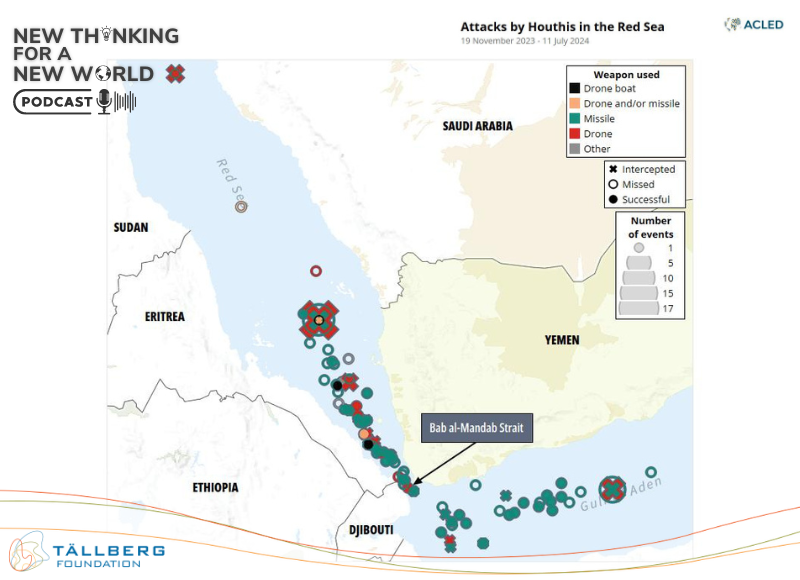 The map is from ACLED: Six Houthi drone warfare strategies: How innovation is shifting the regional balance of power, 6 August 2024.
The map is from ACLED: Six Houthi drone warfare strategies: How innovation is shifting the regional balance of power, 6 August 2024.
ABOUT OUR GUEST
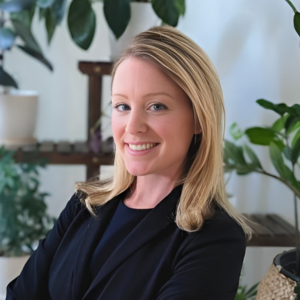 Allison Minor is a Visiting Fellow at the Brookings Institution. Her work focuses on conflict prevention and conflict resolution. Allison recently served as the Deputy U.S. Special Envoy to Yemen, where she helped secure a truce that reduced fighting inside of Yemen and halted major attacks between the Houthis and the Saudi-led Coalition. Allison has worked at the nexus of foreign policy and foreign assistance with a range of U.S. government agencies, including the U.S. National Security Council, U.S. Agency for International Development, and U.S. Development Finance Corporation.
Allison Minor is a Visiting Fellow at the Brookings Institution. Her work focuses on conflict prevention and conflict resolution. Allison recently served as the Deputy U.S. Special Envoy to Yemen, where she helped secure a truce that reduced fighting inside of Yemen and halted major attacks between the Houthis and the Saudi-led Coalition. Allison has worked at the nexus of foreign policy and foreign assistance with a range of U.S. government agencies, including the U.S. National Security Council, U.S. Agency for International Development, and U.S. Development Finance Corporation.
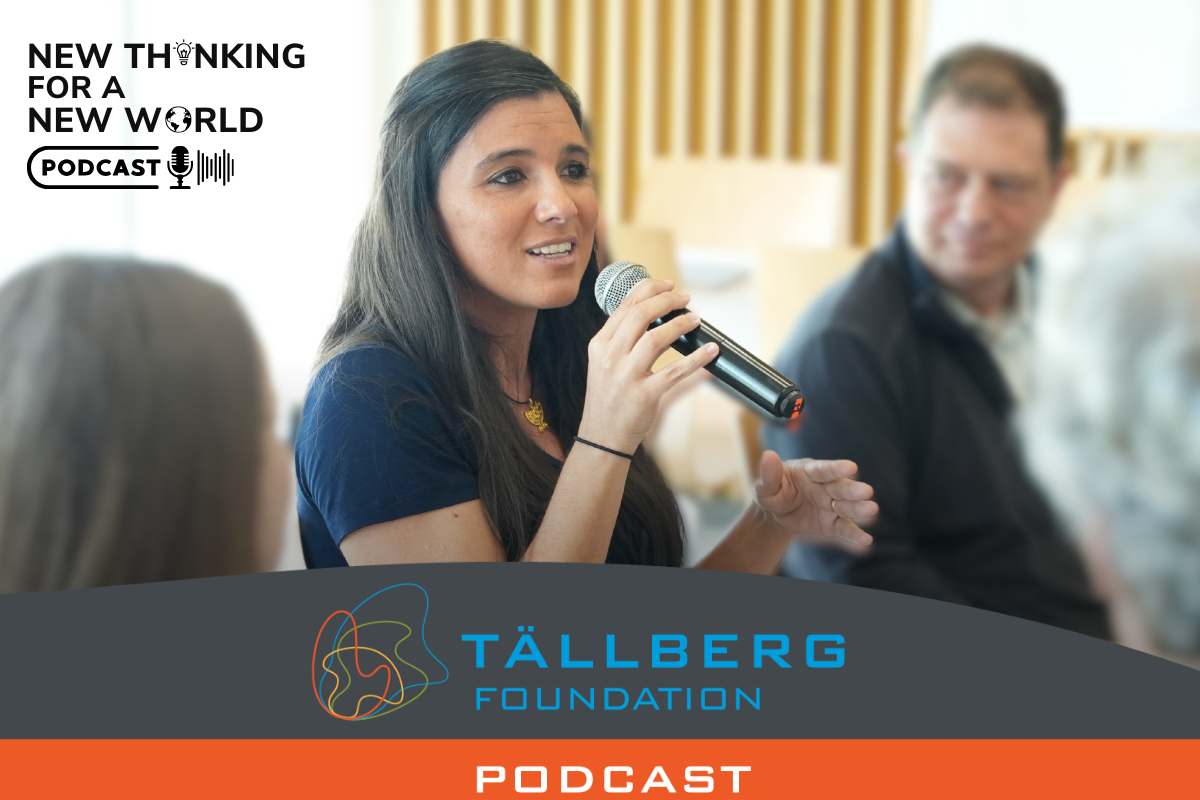
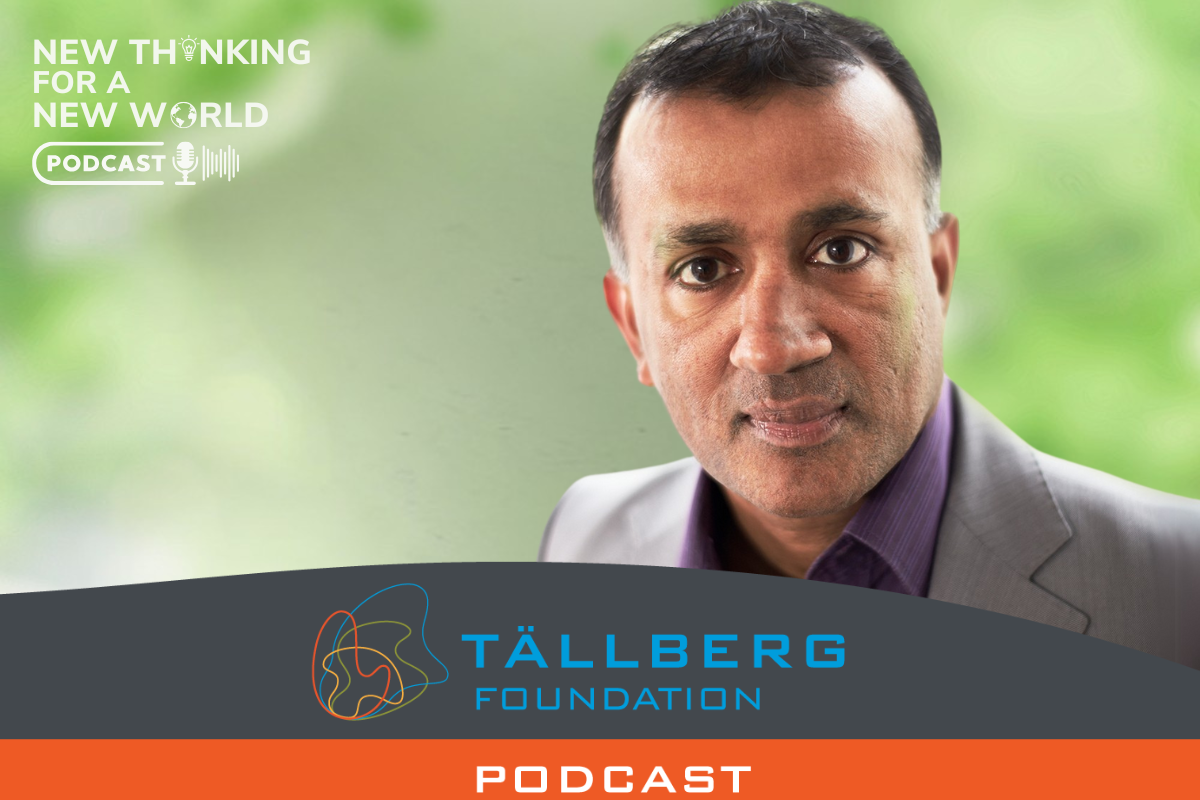
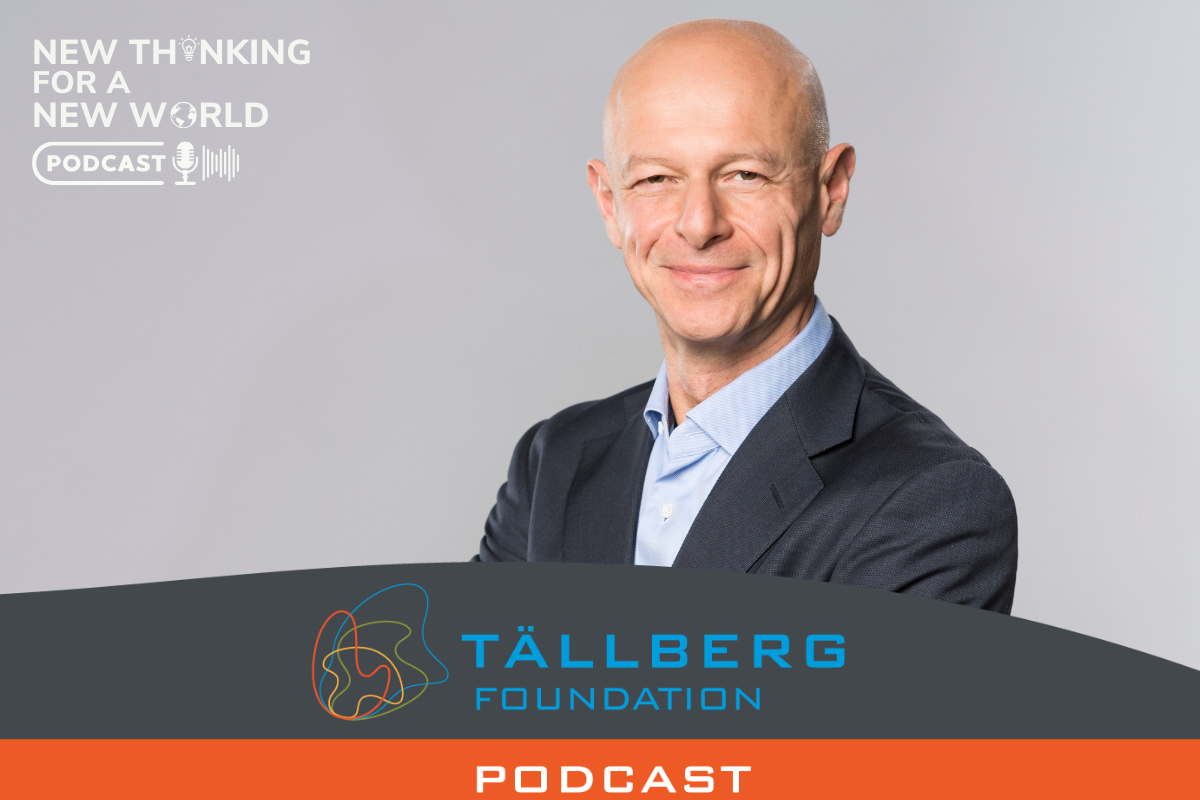
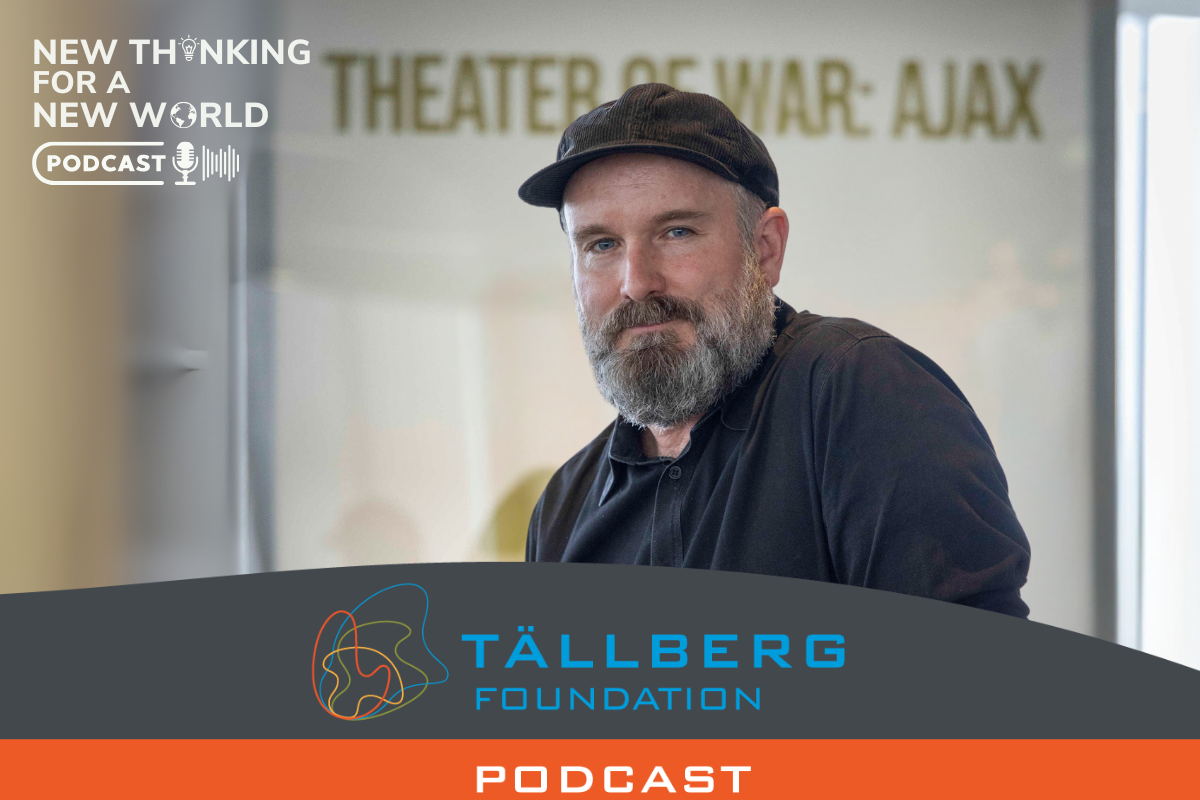
It is indeed a concerning situation in the Middle East with various conflicts brewing in different regions. The interconnected nature of these conflicts raises the risk of a larger-scale war with global implications. The dynamics in Yemen, especially with the involvement of the Iranian-backed Houthis, have the potential to escalate tensions further.
The involvement of the Houthis, aligned with Iran, in regional conflicts and their actions impacting key maritime routes like the Red Sea bring a broader dimension to the situation. The recent events, including the drone attack on Tel Aviv and the subsequent response, highlight the fragility of the region and the possibility of conflicts expanding beyond local borders.
Allison Minor’s expertise sheds light on the complexities of the Yemen situation and its wider implications. Her insights, based on her experience and knowledge, provide valuable perspectives on the challenges in the region. The question of whether a general war in the Middle East can be avoided remains a critical one, requiring careful diplomacy and international cooperation to mitigate the risks of further escalation.
I really appreciated Allison for her outstanding idea of how local conflict could become something much bigger. I learned that how personal thinking will affect our selves, people around us, and continue to larger scale. So for me I should have to think positively (I need to assess my thoughts because it might affect others). By the way while I was listening to this podcast, I was with my friend (who lived in Yemen) but now in Ethiopia, and I have seen him how he was feeling while he was watching Aljezeera news. We discussed about the issue on what they can do to solve these problems, and came up with to stop the conflict between Israel and Palestine, which can be done with the help US as a negotiator, and others, to support the Palestine people with food, medicine,etc. I want to express my gratitude for the Alan Stoga for bringing such a good podcast for discussion, Allison for her outstanding view on the issue, her commitment, and recommendation. Finally I believe that a great leadership (Empathetic Leadership), as Alan Stoga said Shared Vision for peace, shared solutions for shared problems. I hope Allison idea will be the best input to solve the problem and I wish if she join the leaders who would like to bring peace for the peoples.
In the current era of heightened vibrations and a collective awakening to the power of love, the situation in the Middle East serves as a stark reminder of the cycles of conflict and fear that continue to grip humanity. The ongoing strife in Gaza, Yemen, and across the region is more than just territorial disputes; it reflects a deep disconnection from our true essence—the capacity for love, unity, and understanding.
This is not a time for further division but for a collective rise towards our higher selves. The real question we face isn’t just about preventing a larger conflict but about how we, as a global community, can evolve beyond the need for such conflicts altogether. Can we shift our focus from domination and control to one of healing and reconciliation?
The vibration of love is the most powerful force in existence. It transcends borders, religions, and politics. In this era, the strongest individuals are those who can love the most—those who can see beyond fear and division and act as beacons of peace in a troubled world. The Middle East, like the rest of the world, desperately needs this shift in consciousness.
Avoiding a general war in the region requires more than political maneuvering; it demands a spiritual and emotional awakening—a realization that we are all connected and that the suffering of one is the suffering of all. Only by embracing love as our guiding principle can we hope to transform conflict into peace and ensure a future where such wars are not just avoided but rendered impossible by the very nature of our collective evolution.
No bod want war, war is not something you pray for. What the Hamaz did on October 7 is not appeasing, never the less the bombardment on Gaza, the killings of innocent children and families. I think we should throw more light on the two state governance to Forster a solution. The Palestinians should learn from this, there have been calls for ceasefire, we’ve seen videos of Palestinians calling for help on social media, this could be a time to end the war and for the Hamaz not to revenge in future. How do you find an Opportunity in this catastrophe is to learn from the losses and destruction made “GAZA at GROUND ZERO” for it not to occur again. People from different part of the world come to Israel for pilgrimage, now with the war people can’t come. The Hamaz should understand something they can’t get reed of the Israelites, they are there to stay. The better they begin to harmonize with them for peace and easy life, not only for present dispensation but also for futuristic bonds. I MUST TELL YOU WE FROM AFRICA DON’T WANT WAR.